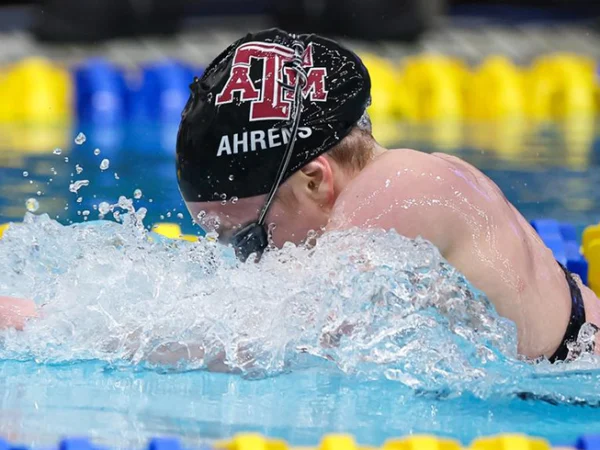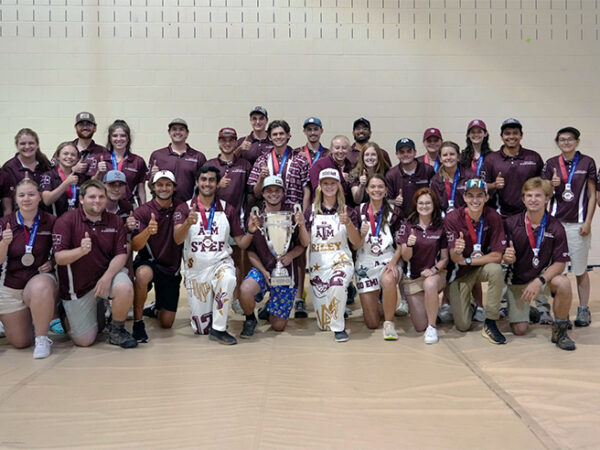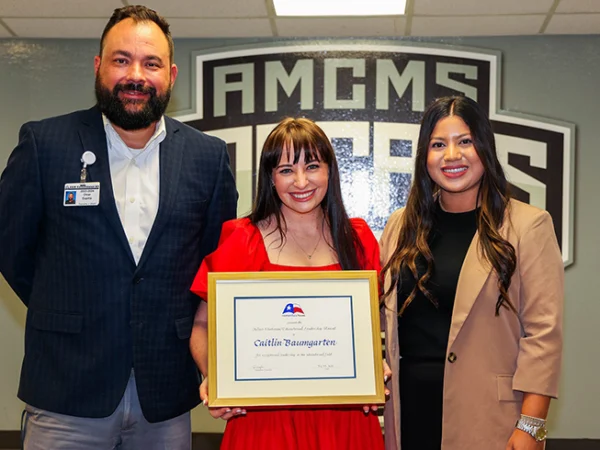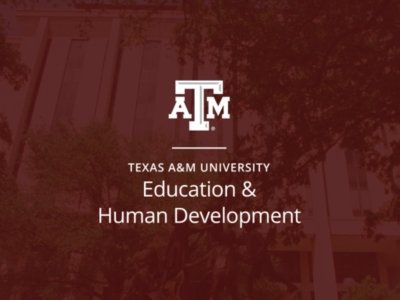SAAHE: A Program Of Possibilities
Like most people, Dr. Krista Bailey did not know what student affairs was until she came to college.
“Some people will describe our profession a hidden one, because few people grow up saying, ‘I want to be a student affairs practitioner’,” Bailey said.
Bailey graduated from Texas A&M University in 1999. She earned degrees in biomedical science and agricultural development. While she did not plan for a career in student affairs, she went on to get her masters and then doctorate in educational human resource development.
Bailey worked in student affairs at the University of Nevada, Las Vegas and in the Offices of the Dean of Student Life at Texas A&M. After 14 years, she returned to teach in the same program from which she graduated.
Today, Bailey serves as the director of the program, known by its former and current students as SAAHE. SAAHE is a two-year graduate program in the Department of Educational Administration and Human Resource Development. The program attracts students from across the nation seeking a comprehensive education combining assistantships and internships with theory-based classes.
Bailey emphasizes that this model is a distinguishing factor of the SAAHE program. “Throughout the different courses our students take, they are applying theory to practice and practice to theory. When they leave our program, they are very prepared,” Bailey said.
PARTNERS ACROSS CAMPUS
A lot of this practice is thanks to an on-campus partnership with the Division of Student Affairs. The division embraces SAAHE students, creating experiences in the form of assistantships and internships.
“Our partnership with the division solidifies a holistic learning experience for students. They learn so much in the classroom from the faculty they work with and from each other. They also learn through all the professional development experiences with the Division of Student Affairs,” Bailey said.
Students are also able to seek opportunities outside of the division to find an experience where they can focus on their passions.
“When I first got into student affairs, my goal was to help students of color, help them feel welcome on campus, help them feel like they need to be involved and help them find a home,” Charles Frazier, a current student and graduate assistant at the Marilyn K. Byrne Student Success Center said. “To do that, you need to help create a campus climate that is inclusive of everyone.”
Bailey said helping SAAHE students develop the knowledge, skills and self-awareness to provide inclusivity on campus is a theme seen throughout all the classes in the program.
“A lot of the background of our profession is in social justice and social equity. We have to make sure every student is receiving the same services,” Frazier said.
In his assistantship, Frazier provides academic coaching, advises two student organizations and manages learning communities. His assistantship helps him understand the full scope of student affairs.
“My assistantship is more representative of what student affairs actually is,” Frazier said. “When you generally think about student affairs, you think student activities, multicultural affairs and resident life and things like that where you are more focused on campus engagement.”
His work at the Byrne Centre allows him to focus on these areas while also helping students succeed academically.
“To be able to sit down with a student and say, ‘Hey, I’m focused on you. Let’s figure out what you need to make this experience better for you.’ That’s where most of the fulfillment comes,” Frazier said.
COLLABORATION IN A COMMUNITY
Every year, 14-18 students come in as a group and go through the program together. The group takes the same classes and graduates at the same time. Frazier described the cohort as a family, a network of support that turns a campus of 68,000 into a campus of 18.
“We do a lot of group work and a lot of collaboration in the first semester. It helps us get to know each other. It reinforces the idea that student affairs is a profession of collaboration,” Frazier said.
Steven Metzmaker came to Texas A&M from Minnesota. He spent his undergrad at Loyola University in Chicago and, after traveling abroad, spent two summers at Columbia University in New York.
A recent graduate, Metzmaker references the cohort structure as a major deciding factor for choosing Texas A&M.
“Looking at different graduate programs, I felt that Texas A&M would offer a lot of opportunities due to how big the school is. Within the SAAHE program, I felt that I would feel more at home because it is a small cohort setting,” Metzmaker explained.
“Through the cohort model, we take courses together and have transition meetings once a month,’ Metzmaker said. “[During these meetings], we share what issues we are dealing with, how to best support each other in those situations and what we can do to be our best selves.”
FELLOWSHIP WITH FACULTY
The faculty become a part of the cohort while also leading the learning and support of the students. Each faculty member has some prior experience as a student affairs practitioner. They pull from experiences in the field and incorporate it into their lesson plans, using real world examples to bring understanding to theory.
As director, Bailey forms a special mentoring relationship with each student. She often meets one-on-one each semester to hear an update on the student’s progress. She said these meetings help her tailor the program to meet the needs of the students.
“We ask students to challenge themselves, to think differently, to put themselves in places of discomfort, and lean into that so they can learn more,” Bailey said. “We want them to leave different than when they came.”
To learn more about the Texas A&M University Student Affairs Administration in Higher Education graduate program visit saahe.tamu.edu.
This story originally appeared in the 2018 Transforming Lives magazine, an annual publication from the School of Education and Human Development.
About the Writer
To learn more about this article, contact our Communications Manager, Ruben Hidalgo.
Fundraising
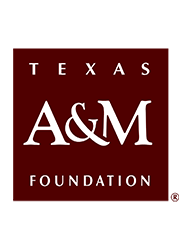
Texas A&M Foundation
Give Now
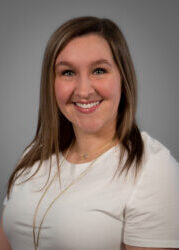
Ashley Barnett
Development Officer III
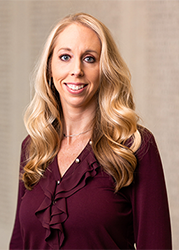
Amy Hurley
Senior Director of Development
To learn more about how you can assist in fundraising, contact our Director of Development, Amy Hurley.


